Most claims challenging employee discipline qualify as minor disputes under the Railway Labor Act, meaning federal courts will not have jurisdiction over the dispute. There are, however, exceptions to this general rule, including the authority for a federal court to remedy carrier conduct motivated by antiunion animus.
In the underlying case, the United States District Court for the Western District of Texas, El Paso, found such antiunion animus and entered a preliminary injunction prohibiting Union Pacific from suspending six union members, including five actively-employed officers of the union’s local division, over a fistfight at an offsite union meeting following tensions regarding a “shove” policy. Engineers take “shoves” when they accept extra shifts at the request of the railroad. Not all of the union’s members agreed with whether the engineers should accept shoves or not.
Four of the suspended union members were not involved in the fight and were merely bystanders, yet Union Pacific did not discipline the initial aggressor. The suspension of six union members, including five who held office, effectively barred all of the union’s leadership from Union Pacific’s premises.
The union sued Union Pacific in federal court, alleging it had retaliated against the union for its shove policy by debilitating the union officers who sought to enforce it. The union argued this violated the RLA’s proscription against carrier interference with union activity. The union sought injunctive relief and Union Pacific moved to dismiss on the grounds that it was a subject for arbitration. The court granted the union’s preliminary injunction and denied the motion to dismiss, concluding Union Pacific had used its disciplinary proceedings as “pretext for undermining” the union. Thus, the court found the case presented an “exceptional circumstance” of antiunion animus granting the court jurisdiction.
The animus exception is derived from Section 2 of the RLA, which provides that no carrier “shall in any way interfere with, influence, or coerce” the employees in their “choice of representatives.” Sixty years ago, the Fifth Circuit in Brotherhood of Railroad Trainmen v. Cent. of Ga. Ry. Co. held that, where a railroad uses its disciplinary proceedings as a guise for undermining the effectiveness of a union, the railroad has obviously violated Section 2, Third, of the RLA, and a federal court injunction is appropriate.
The Fifth Circuit panel here applied Central of Georgia and found the facts substantially similar. In Central Georgia, the railroad started disciplinary proceedings against a local union representative for alleged “gross disloyalty” after encouraging other employees to pursue workers’ compensation claims. Here, Union Pacific suspended elected officers of their local union division for attempting to persuade their peers to adopt a pro-union position in a policy dispute (related to the shove policy).
Union Pacific argued Central Georgia does not apply to animus claims raised by certified unions because the Supreme Court has stated Section 2, Fourth, of the RLA addresses “primarily the precertification rights and freedoms of unorganized employees” and is not usually grounds for judicial intervention once the union has been certified. Trans World Airlines, Inc. v. Independent Federation of Flight Attendants. However, the Fifth Circuit following TWA reiterated that actions taken by a carrier to weaken or destroy a union remain a special circumstance entitling a federal court to assert jurisdiction.
The Fifth Circuit panel—Dennis, Higginson, and Costa—thus reaffirmed its 1962 holding in Central Georgia that antiunion discrimination like this is an exception to the “minor dispute” doctrine, which normally forces the disciplinary case into arbitration, even when involving post-certification disputes. The preliminary injunction in El Paso was therefore affirmed and all union officials were reinstated with back pay.
This was an important victory for BLET’s membership. Tanner and Associates remains committed to ensuring the RLA’s protections are afforded to the unions it represents.



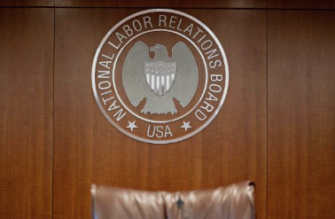



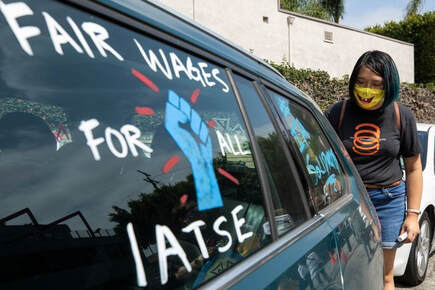

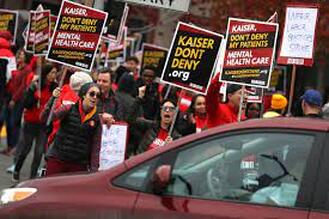


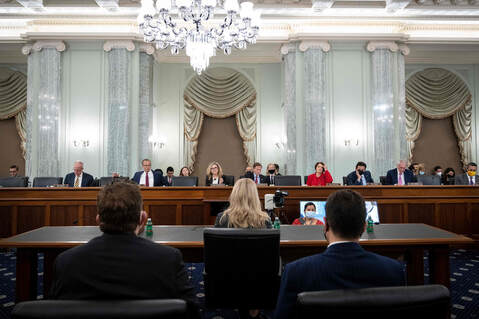



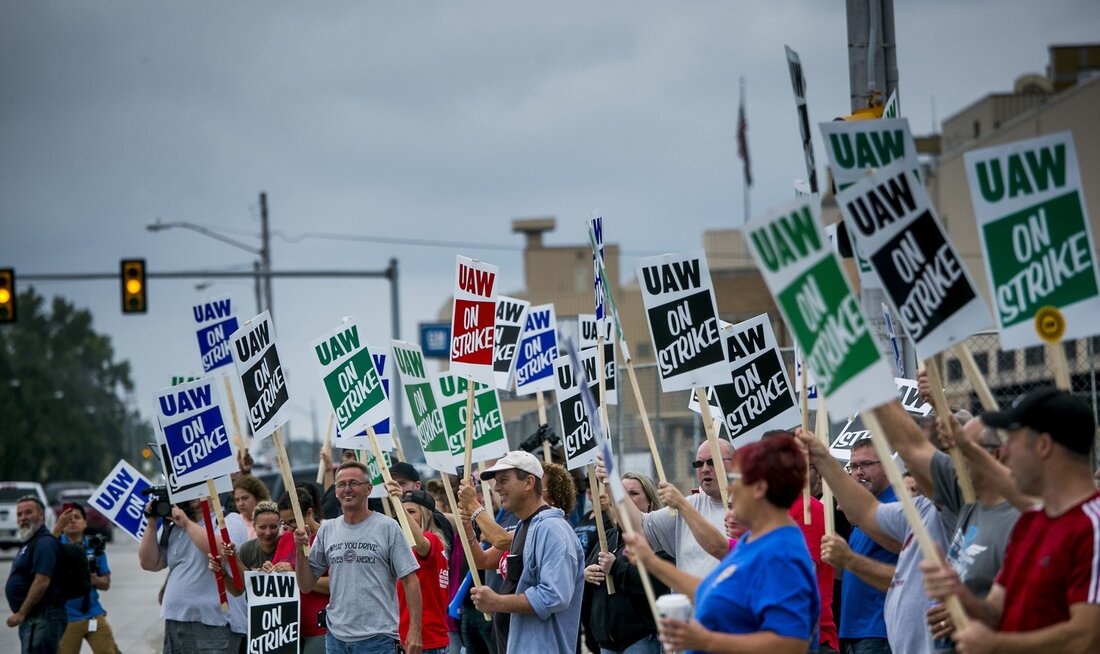
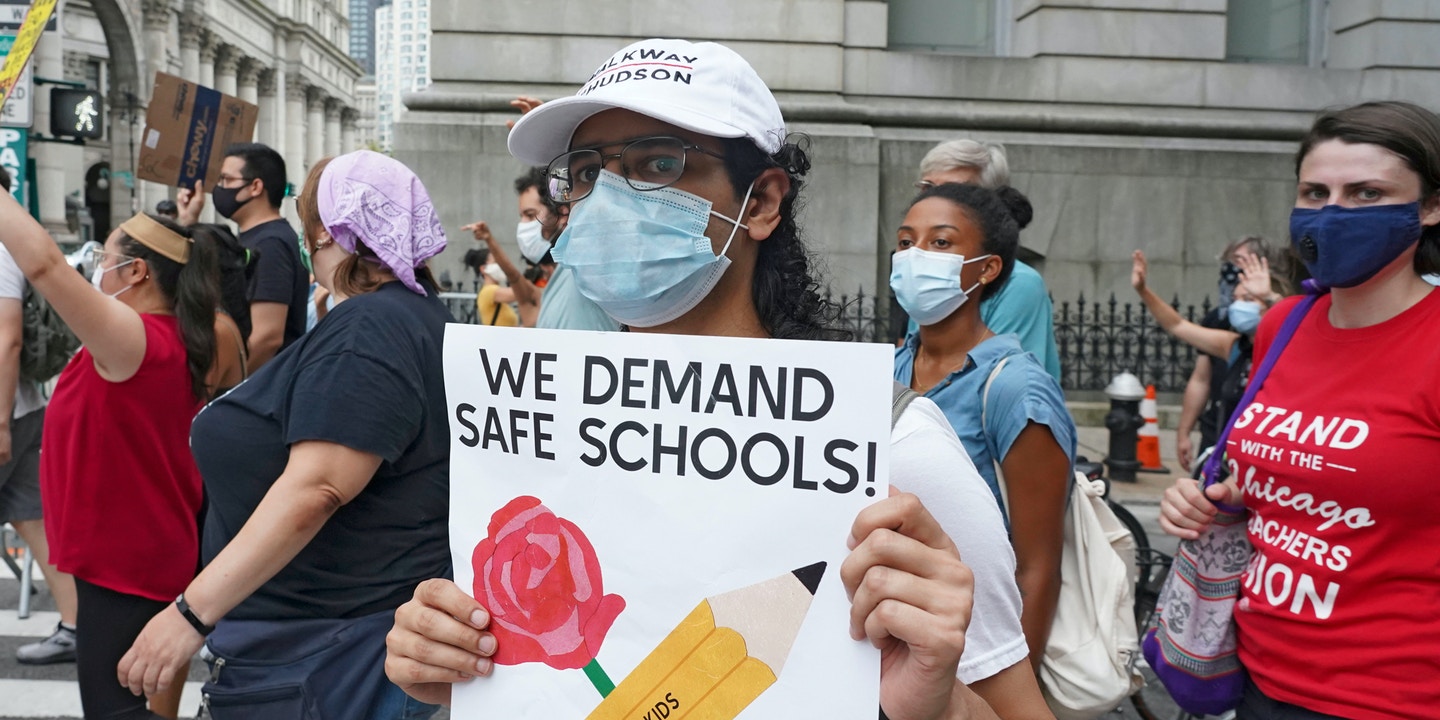
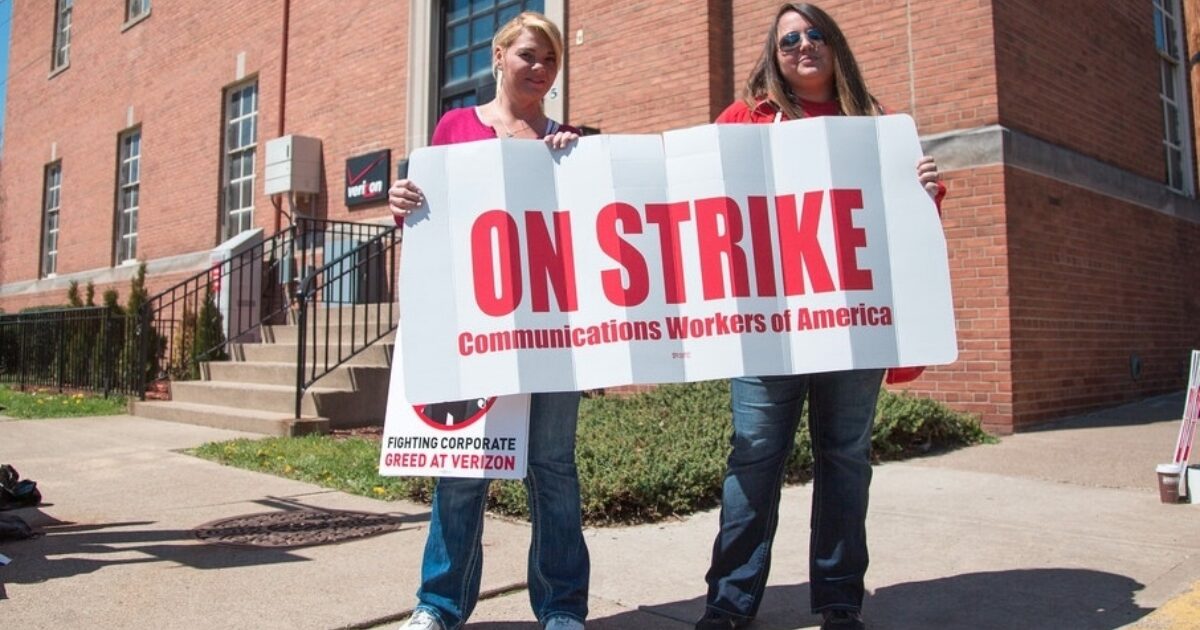

 RSS Feed
RSS Feed